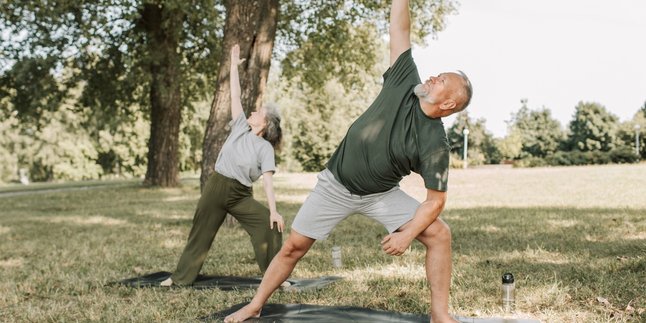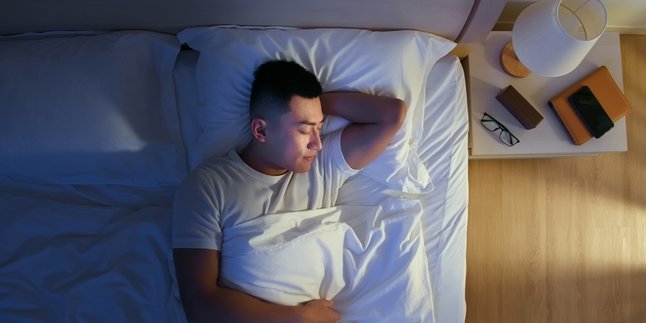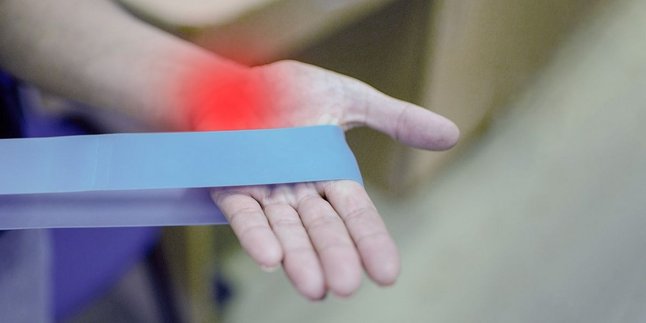Kapanlagi.com - Many Muslims are curious: can we sleep again after suhoor and Fajr prayer? From a legal perspective, sleeping after Fajr prayer is actually categorized as makruh, not haram. This means that while it is allowed, it is better to avoid it.
The Prophet Muhammad (SAW) encouraged us to bring the time of suhoor closer to the time of Fajr so that we can perform the Fajr prayer immediately afterwards. This shows how important it is to utilize the morning time after Fajr prayer for productive activities and worship.
Sleeping after Fajr prayer can diminish the blessings of the morning time, increase the risk of being late for prayers, and have adverse effects on our physical and mental health. Therefore, even though it is not forbidden, it is wiser to avoid this habit and make the best use of the morning time.
1. Morning Blessings and the Prophet's Recommendations
The Prophet Muhammad (SAW) once said, "Eat the pre-dawn meal (sahur), for indeed there is a blessing in it." (HR. Bukhari). This hadith encourages us not to miss sahur, even though it does not explicitly discuss sleeping afterward.
However, the recommendation to perform the Fajr prayer immediately after sahur emphasizes the importance of utilizing the morning for positive activities.
Many scholars interpret this as an encouragement to fill the morning with worship, remembrance (dzikir), or other productive activities. Sleeping after the Fajr prayer can be seen as reducing our opportunity to attain the abundant blessings of the morning.
By bringing sahur and the Fajr prayer closer together, we should not miss this golden opportunity.
Therefore, it is better for us to avoid the habit of sleeping after sahur in order to attain the blessings that have been promised.
2. The Impact of Sleeping After the Fajr Prayer
Sleeping too long after the Fajr prayer can have negative effects on our health!
This habit can disrupt the digestion of the pre-dawn meal, trigger issues like acid reflux, and make us feel tired and less energetic throughout the day.
As a result, our productivity and daily activities can be hindered. More importantly, sleeping after the Fajr prayer risks making us late or even missing the Dhuha prayer, which is rich in virtues and blessings.
Considering both health and spiritual aspects, it is better to utilize this blessed morning time for worship and positive activities, rather than being lost in sleep.
3. Scholars' Opinions on Sleeping After Fajr
Many scholars agree that sleeping after the Fajr prayer should be avoided because it is considered makruh, which means it is permissible but better to be avoided.
Buya Yahya, a prominent scholar, emphasizes that although it is not haram, sleeping during this blessed time can cause a person to lose a lot of blessings, including sustenance.
The time after the Fajr prayer is a golden moment to draw closer to Allah SWT, to worship, and to remember Him.
Therefore, it is highly recommended to use the morning time for more beneficial activities rather than being engulfed in sleep.
So, while sleeping after the pre-dawn meal and the Fajr prayer is not forbidden, it is wiser to avoid it for better health and spirituality.
(kpl/rao)
Disclaimer: This translation from Bahasa Indonesia to English has been generated by Artificial Intelligence.












